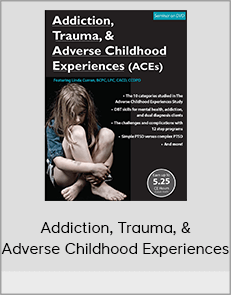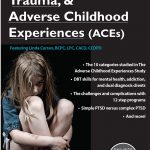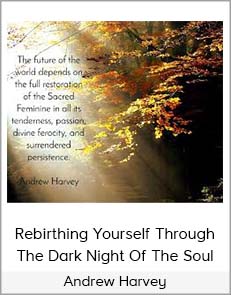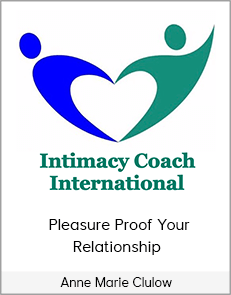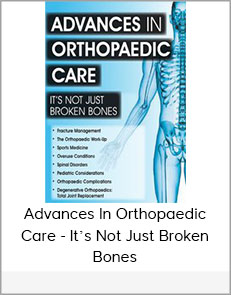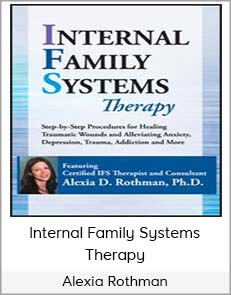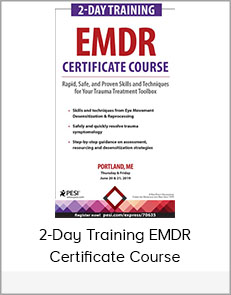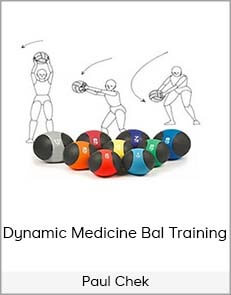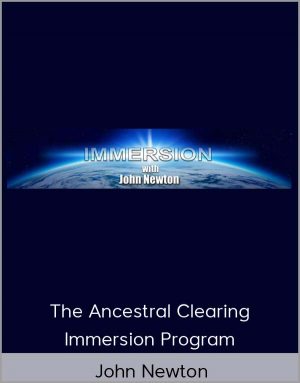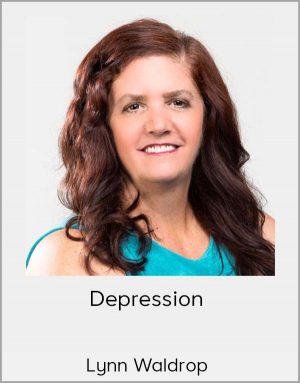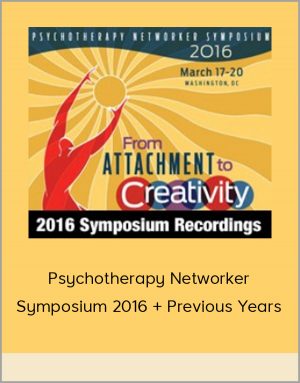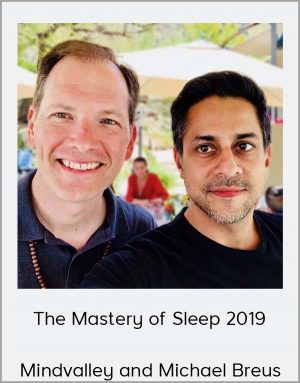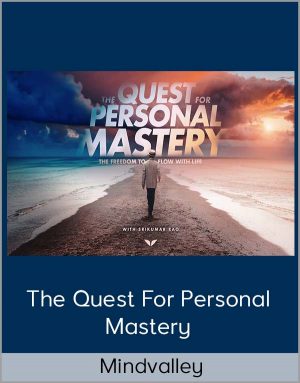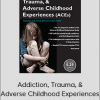Addiction, Trauma, & Adverse Childhood Experiences
$55.00$219.99 (-75%)
Evidence-based modalities for both stabilization and processing traumatic material
Addiction, Trauma, & Adverse Childhood Experiences
Check it out: Addiction, Trauma, & Adverse Childhood Experiences
Addiction, Trauma, & Adverse Childhood Experiences (ACEs)
The Neuroscience behind Developmental/Attachment Trauma and Adverse Childhood Experiences
Clients are desperately trying to make sense of their symptoms of depression, free-floating anxiety, addictive behaviors, dysregulated emotions, physiological arousal, and seemingly unrelated medical issues. They look to you to create an understanding, provide an accurate diagnosis, and layout an effective treatment approach; however, you find that you can’t without understanding and addressing their “why”. The science is clear and overwhelming about the lasting effects of adverse childhood experiences, developmental trauma, and attachment wounds.
In this video, you will learn key insights regarding the neuroscience of addiction from the Adverse Childhood Experiences (ACE) Study, one of the largest investigations of childhood abuse and neglect, and the impact on later-life health and well-being. You will understand the important assessment and treatment implications from neuroscience that show us addiction is experience dependent, not substance dependent.
You will learn treatment recommendations from the leading experts in trauma and addictions treatment including:
Bessel A van der Kolk, MD, New York Times best-selling author and the world’s leading expert on psychological trauma
Vincent Felitti, MD, co-principal investigator of the ACE Study
Louis John Cozolino, PhD
Lance Dodes, MD
Lisa Ferentz, LCSW-C, DAPA
Jim Hopper, PhD
Gabor Maté, MD
Lane Pederson, PsyD, LP, DBTC
Mary Lou Schack, PhD
Fusing research and theory about attachment and complex developmental trauma, these experts provide invaluable insight that informs our therapy, including:
The therapeutic alliance, along with all its inherent challenges with boundaries and clinical enactments
The use of contemplative practices for changing the brain
Teaching skills for self-regulation
Evidence-based modalities for both stabilization and processing traumatic material
These experts help illustrate how your clients do not get over or grow out of childhood trauma. These painful experiences, when left unrecognized or untreated, continue to impact us throughout our lifetime; however, with this new insight you can finally say to your client:
Your behavior absolutely makes sense and here’s what neuroscience and the ACE Study tells us about the association between your experiences as a child and your struggles as an adult.
Featuring-Linda Curran, BCPC, LPC, CACD, CCDP-D, a trauma specialist, veteran clinician, and best-selling author of Trauma Competency: A Clinicians Guide and 101 Trauma-Informed Interventions. Linda has collaborated with the world’s leaders in trauma, including Bessel van der Kolk, M.D., to develop best-selling DVDs and books covering all aspects of psychological trauma, including three video projects for The Master Clinician Series: Trauma Treatment: Psychotherapy for the 21st Century; Power Therapies: EMDR and Beyond; and Evidence-Based Treatments for PTSD.

